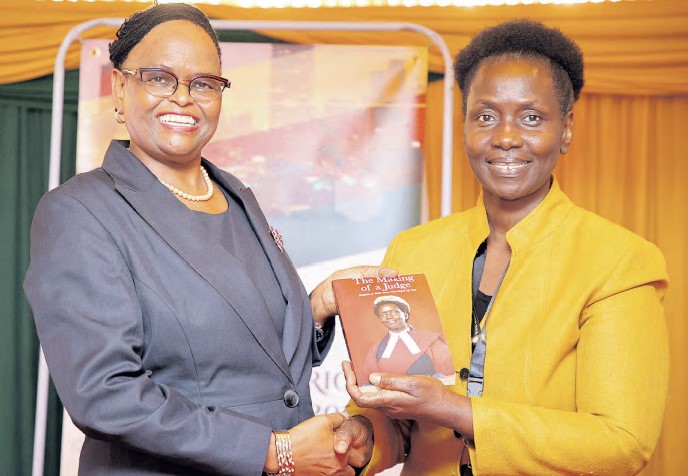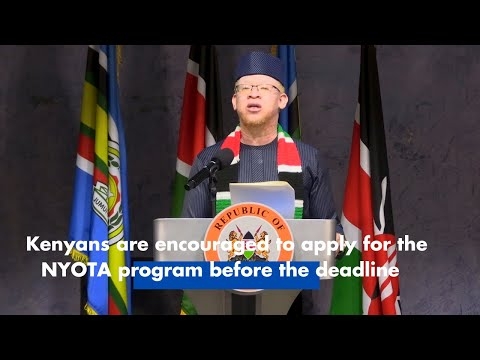

Some senior judiciary officials are using judges’ names to solicit bribes, a High court judge has revealed in a book.
In what has further dented the image of the institution, Judge Asenath Ongeri said corruption is a major hazard in the Judiciary.
The officials who demand bribes from litigants become aware of the cases before judges do.
“Other than being vulnerable to corruption, the other workplace hazard I have experienced as a judicial officer is people using known associations to solicit for bribes,” the judge says in the book The Making of a Judge.
Ongeri details her personal accounts, including an instance when a senior staffer went on a bribe-hunting spree from litigants whose case was before her.
The staffer, who worked in the Human Resource Department, would frequent chambers she shared with a colleague judge, purportedly just to say hello. Over time, they got suspicions about his motives.
“One day, we wondered aloud why this man regularly stopped by our office! Incidentally, the colleague became a judge earlier than me and is still serving. Our speculation about his intentions ended when an elder in my church revealed that the fellow had told his relatives, who had a case before me, that I’d sent him to collect money on my behalf,” the book reads.
“The church elder believed I would not do such a thing. On that day, when the fellow came in, relatives of the elder were indeed left standing outside. I would never have known that somebody was peddling my name to solicit for money were it not for the elder who knew me well as a person of integrity and informed me of the shenanigans.”
When she got wind of it, she reported the matter “to the Registrar of the High Court, but the man was merely transferred, to my great disappointment”.
“The greatest hazard that a magistrate or a judge faces is when persons solicit bribes purportedly on their behalf, yet they have no idea this is going on. In this case, I was lucky that the elder knew me personally, and he told me about it.”
Sometimes, the litigants themselves, mainly through advocates, confront judges with offers of hefty sums of money to procure favourable decisions.
Ongeri recounts another instance, early on in her career when she served at the Nairobi city court, where she declined a hefty bribe from a lawyer.
The man brought Sh250,000 in a briefcase to her chambers early that morning.
“You’re fully covered. Nobody will point a finger at you. All the paperwork has been finalised. Your cut is Sh50 million, but it’s negotiable. Payable upfront,” the corrupt lawyer would tell her.
Ongeri said should she have wanted an account opened and the money deposited there, it would be done pronto.
“He also said that if I wanted the money in a foreign country, in an offshore account, it could be done. As in, all contingencies had been taken care of.”
She rejected it, threatening to jail the lawyer. The judge would later report the incident.
To address the situation, judges and officials in the institution and other spaces must report the incidents, however minute, and even when no action is taken.
“To deal with corruption, the great monster has to be detected and reported. Do not give in even when no action is taken against those who practice corruption. My institutional memories serve me right that God always vindicates His own though they suffer long and are sometimes falsely accused,” she writes.
“There is mighty satisfaction derived from doing the right thing
and upholding the right values at
work and in the world.”













